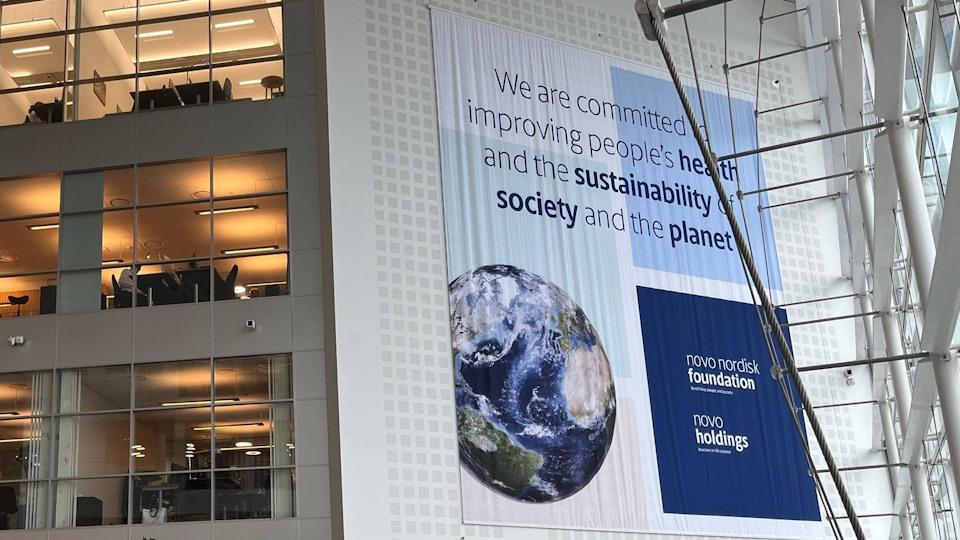Top charities team up with $300m for climate, health equity

The Novo Nordisk Foundation, the Bill & Melinda Gates Foundation, and Wellcome have joined forces to tackle some of the most pressing threats to human health and wellbeing.
The new initiative gets underway with $300 million in funding over three years, earmarked for handling infectious diseases and antimicrobial resistance (AMR), addressing climate change, and raising our understanding of how nutrition can impact immunity, disease, and the development of children.
The overarching principle is trying to improve health equity in these areas – which disproportionately affect people in low- and middle-income countries (LMICs) – as well as to support research teams operating within these countries, through collective action. It recognises that disease threats can be exacerbated by other factors, from climate change and food security to political division and armed conflict.
Another objective is to counteract a reversal in the importance of health in government policies following the end of the COVID-19 pandemic, as well as the disparity in access to care that was highlighted when the crisis was at its peak.
“Funding and attention for global health and development is faltering, putting progress at risk,” said the partners in a joint statement. “Debt crises are forcing governments to cut funding for essential health programmes; climate change and conflict are shattering communities; and progress to protect lives from diseases known and unknown is under threat. Across all these challenges it is the world’s poorest who are most affected.”
The programme was unveiled today at the Novo Nordisk Foundation Global Science Summit in Denmark – held to commemorate its 100th anniversary – with each of the three leading charitable foundations committing to $100 million in funding over the next three years. It is the first time that all three organisations have come together on a project.
“By pooling the vast experience and unique expertise of each organisation – across research, technology, innovation, and enterprise – we can make advances that wouldn’t otherwise be possible,” said Mads Krogsgaard Thomsen, chief executive of the Novo Nordisk Foundation.
“I am particularly excited about the chance to break down barriers between often isolated areas of work – between cardiometabolic and infectious diseases, or between scientific discovery and delivery of solutions, for example – and support the development of truly innovative solutions that can improve, and save, lives.”
In the area of infectious diseases, the priorities for the project are AMR, developing disease surveillance systems, and the development of vaccines for respiratory infections like tuberculosis, tapping into technological innovations like the mRNA vaccines that underpinned the response to COVID-19.
The climate change agenda will focus on generating and interpreting data on climate accurately and reliably, as well as finding ways to improve the sustainability of agriculture and reinforce food resilience.
The third arm will try to raise our understanding of the interplay between nutrition, immunity, infectious diseases, cardiometabolic and other non-communicable diseases, and developmental outcomes, with a particular focus on the role of the microbiome on under- and over-nutrition.
The Novo Nordisk Foundation has a controlling interest in the drugmaker Novo Nordisk, which is currently generating billions of dollars from the sale of sought-after diabetes and obesity therapies that have helped the Foundation ramp up its philanthropic efforts.













